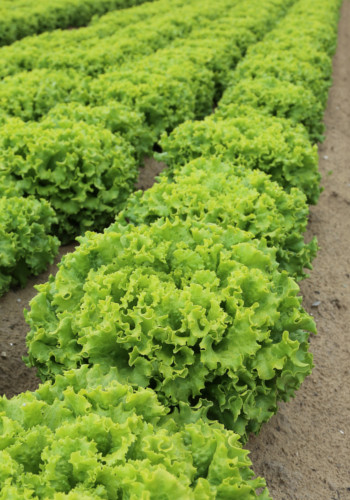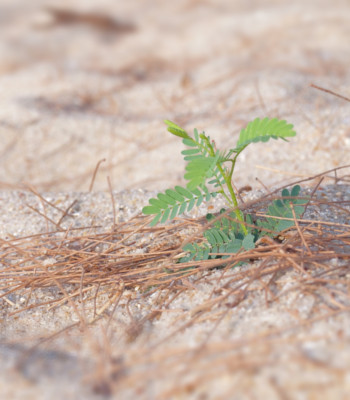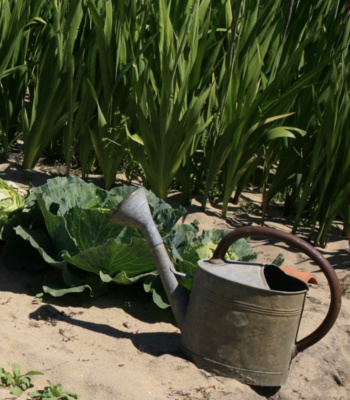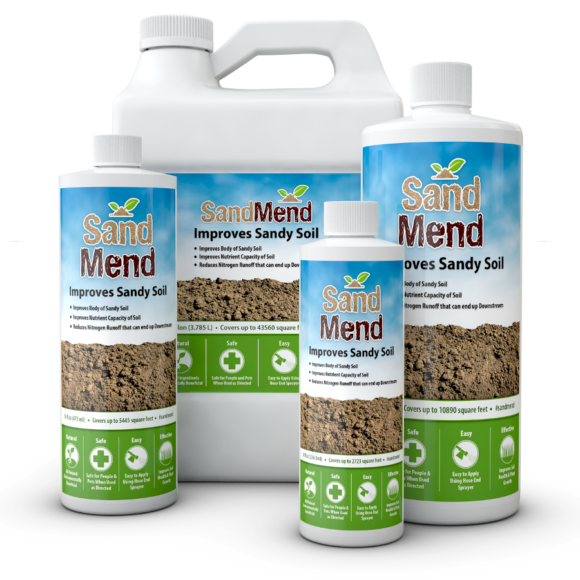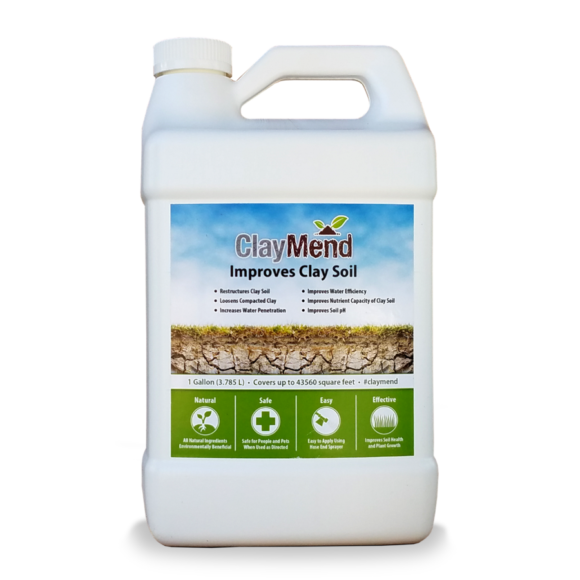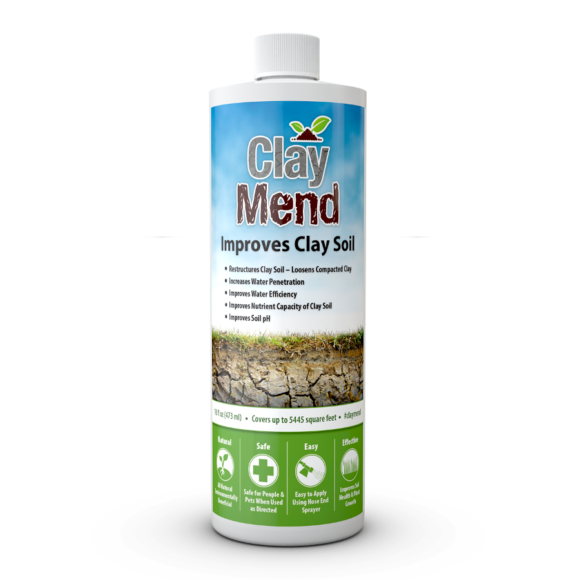SandMend Products
Price range: $21.95 through $219.95Start improving your sandy soil today!
SandMend™ naturally works to improve the structure and nutrient holding capacity of sandy soil. It encourages biological activity that works to build soil humus and improve soil pH and nutrient storage.
The end result… richer more dense soil to support more abundant plant growth!
If you’re not already using SandMend give it a try today.
Learn More About SandMend

